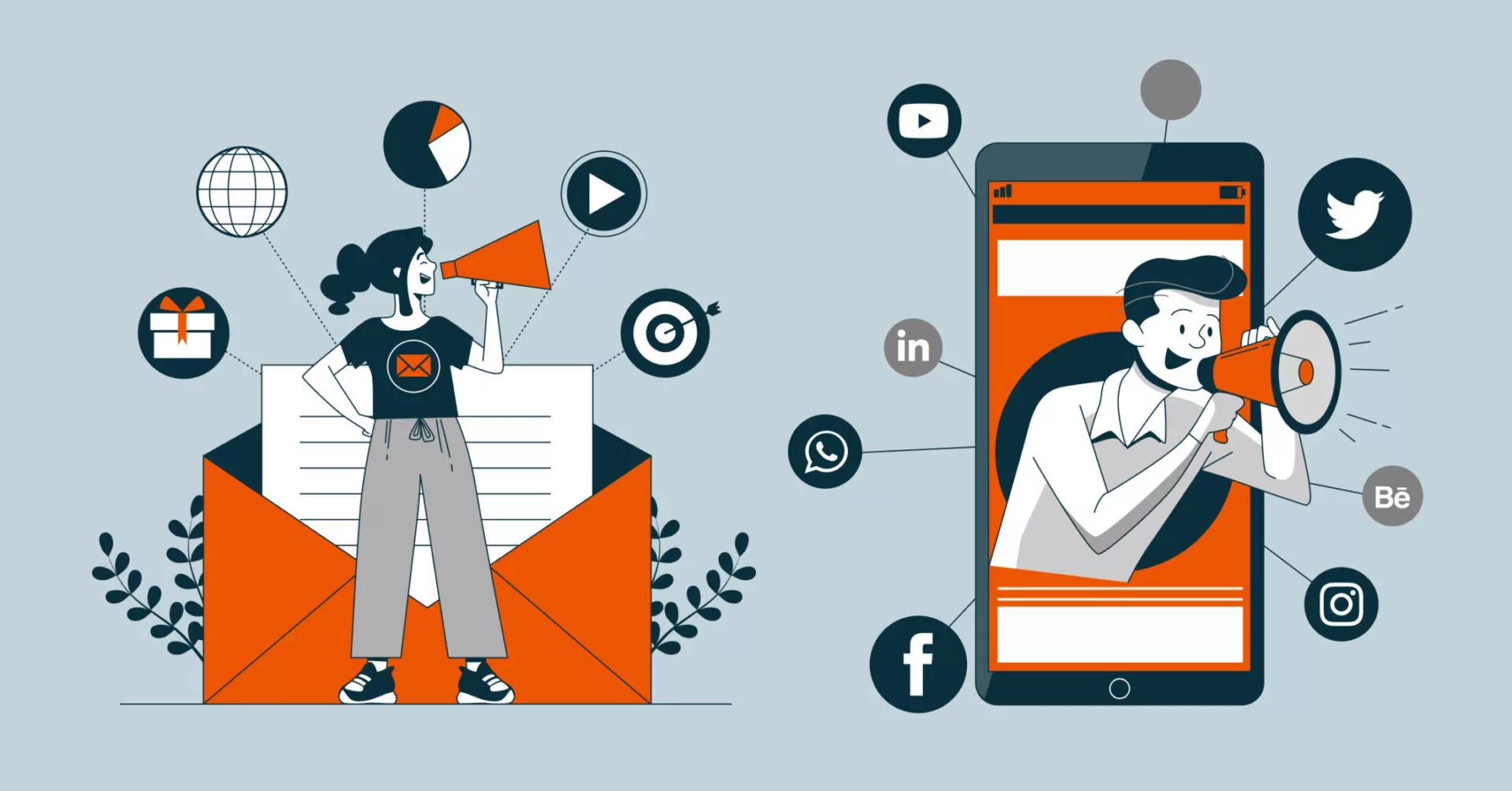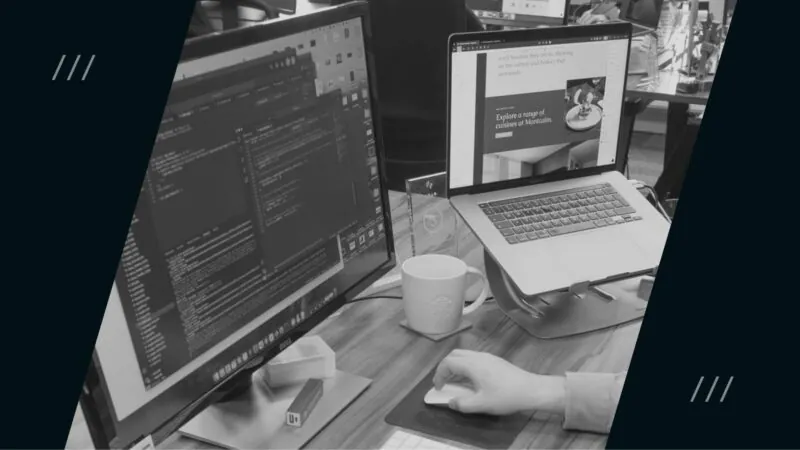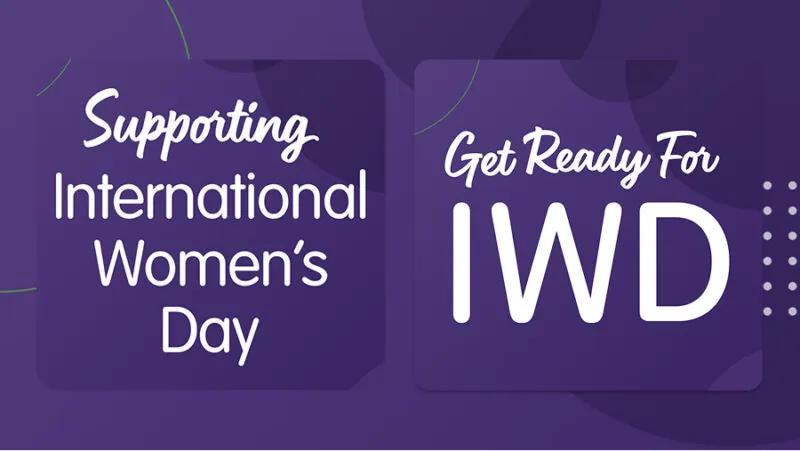Social media is a powerful tool for hotels and hospitality businesses to reach their target audiences, build relationships with customers, increase brand awareness, and drive more direct bookings.
According to Revenue Hub, 97% of millennials share photos on social media during travels, whilst 71% of travel agencies report better interactions with consumers when committed to a social media strategy.
With its potential to create engagement and generate leads, it’s no wonder why social media has become an essential part of any digital marketing strategy. Businesses within the hospitality industry must utilise a range of social platforms to reach potential customers and stay competitive.
Hotels can use social media platforms such as Facebook, Twitter, Instagram or Tik Tok to connect with guests before they arrive at the hotel. By providing engaging content that encourages interaction from followers on these channels – such as photos or videos of hotel amenities or local attractions – hotels can make a lasting impression on prospective guests even before they step foot inside the lobby.
This has been exemplified by the pandemic, with more people spending time scrolling and searching for travel inspiration post-lockdown. Here are just a few reasons why it’s important to use social media in your digital marketing for hospitality strategy.
Reach a Wider Audience
Social media provides a huge platform for businesses in the hospitality industry to reach potential customers.
Using targeted ads on social networks like Facebook allows hotels to reach potential customers who may not be aware of their business yet but are likely interested in what they have to offer based on demographic information such as age range, interests or location.
Hosting a wedding fair? You can use Facebook and Instagram ads to target people who got engaged within the last three or six months, for example. You can also target specific distances for events, or certain jobs such as Marketing Managers and CEOs when advertising conference spaces.
Additionally, effective tracking tools enable marketers to measure how successful campaigns are performing so adjustments can be made if necessary for better results in the future.
Increase Brand Awareness
Social media can help increase brand awareness by allowing businesses to share content that is relevant to their brand, such as promotions, industry news, and more. Social media also makes it easier for customers to discover your business and share content with their own followers.
It’s also important to not just talk at people, but engage in conversations where possible – this helps build relationships between potential customers and creates loyalty towards your brand over time. This can be done in a number of ways, including via posts or stories that ask questions which give answers you can respond to.
People love free stuff! Hosting contests/giveaways is another great way of getting people talking about your brand while providing incentives for them to participate in activities related to it e.g., sharing posts, tagging friends etc.. This will help create buzz around what you offer while giving something back at the same time!
Generate Leads
Social media can be used to generate leads and increase sales. By engaging with potential customers, businesses can identify potential customers and turn them into leads.
The key to social media success is creating engaging content that will draw people in and get them interested in your services or products. This could include walkthroughs or photoshoots of your hotel, events, promotional offers, local attractions, or even customer reviews from past guests. Additionally, use visuals such as photos and videos whenever possible as they tend to perform better than text-based content on social media platforms like Instagram and Facebook.
You can also leverage influencer marketing by partnering with relevant influencers who have already built up a large following among potential guests – these individuals can help spread awareness of your brand through their own channels while also providing valuable feedback regarding what works best when targeting different types of travellers (e.g., families vs couples).
Using social media strategically is key when trying to generate leads for hotels within the hospitality industry; if done correctly it can be an incredibly effective way of reaching out directly to prospective customers!
Improve Customer Service
Social media also provides an opportunity for businesses to engage with their customers and to respond quickly to queries, provide support, and build relationships with their customers.
By responding quickly to inquiries through channels like Instagram Direct or Facebook Messenger, hotels can demonstrate excellent customer service skills which will further strengthen relationships with existing customers while also attracting new ones.
You should engage with users who comment on your posts by responding promptly and thoughtfully – this helps build trust between you and potential customers while also showing that you value their input.
Summary
There’s no doubt that leveraging the power of social media should be an integral part of any digital marketing strategy. If you’re looking to maximise your hotel, bar or restaurant’s visibility online while building strong connections with current and prospective customers alike, then now’s the perfect time to start championing social media within your hospitality digital marketing strategy.
If you’d like support with your hotel’s digital marketing strategy or need help building your hospitality brand’s online presence from the ground up, we’re here to help! Drop us an email on [email protected] or give us a call on 01788 220027 to discuss your project.

![The Art of First Impressions [Blog Banner 16_9]](https://uphotel.agency/wp-content/uploads/2025/06/The-Art-of-First-Impressions-Blog-Banner-16_9-800x450.webp)

